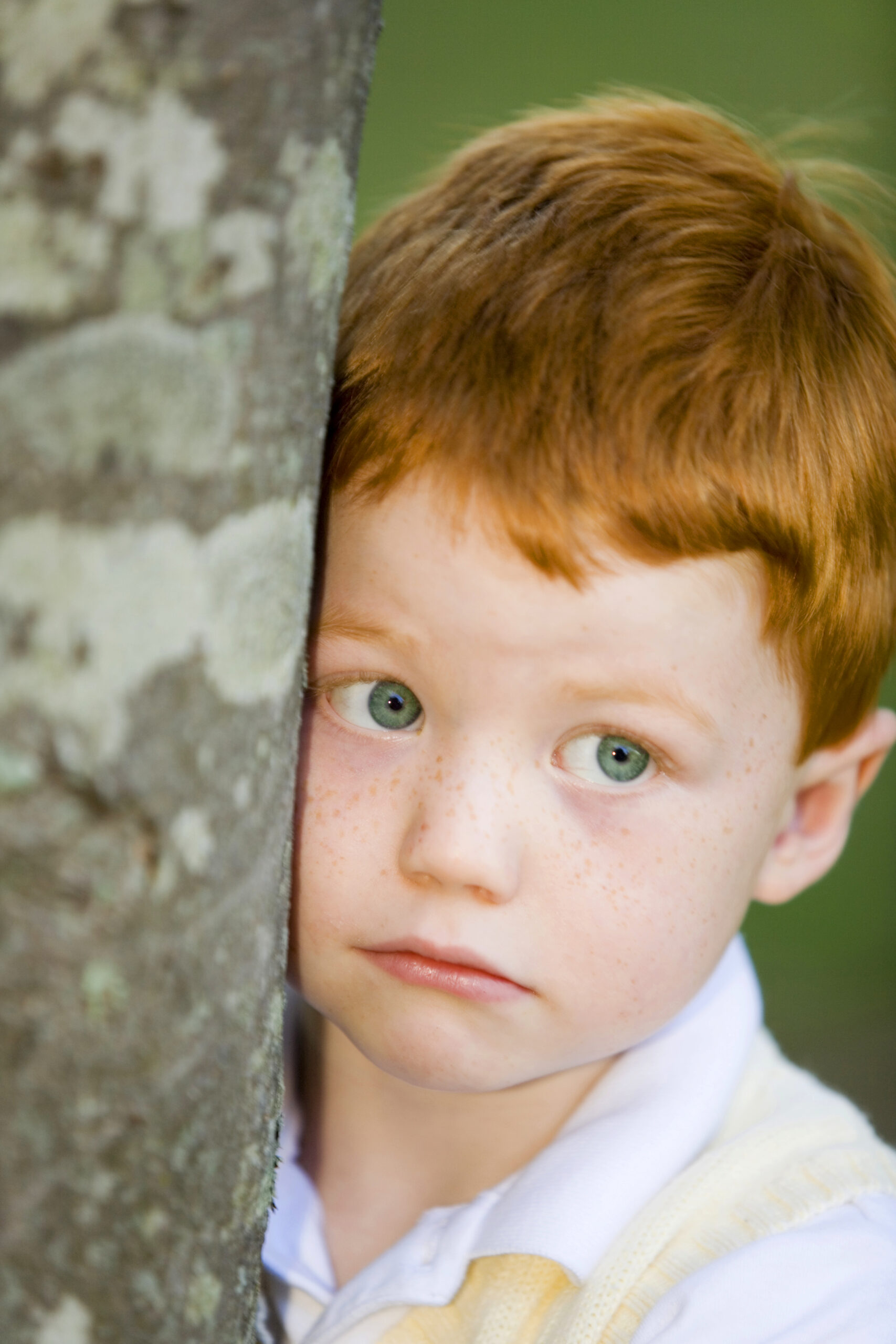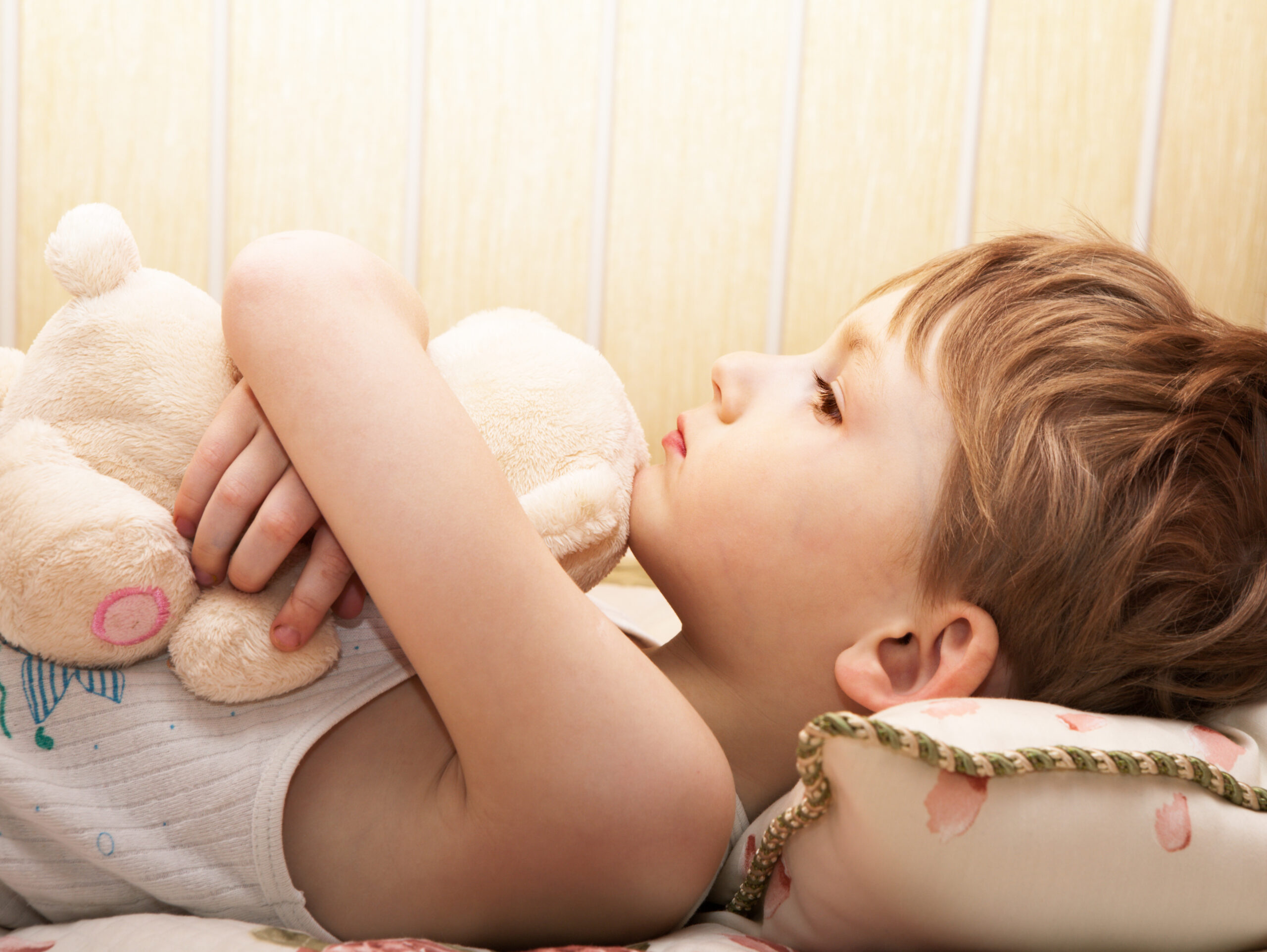Parenting Advice
Dealing with Grief
Helping your child cope with grief:
As much as we want to shelter our children from unpleasant experiences, death is a natural fact of life, and children will be exposed to it.
1. Grief: The Issue
Children usually first encounter death by seeing a dead insect, or animal run over on the road, or by experiencing the death of a pet. Sometimes though, a loved one dies: a mother or father, a grandparent or another family member. There are no simple ways to help your child cope with death. Children differ widely in their reactions to death. A child’s age, personality, and relationship with the deceased influences how a child grieves. Children can’t sustain emotions for a long duration so they grieve in spurts. They may react with sorrow, or anger one minute, then give their thoughts a rest as they return to play.
Babies and Toddlers may not understand death, but they do react to it. A child will sense the stress of their parent, and may become clingy or irritable. Pre-schoolers often don’t understand the permanence of death and might keep asking when the loved one is coming back. How does a parent help their child deal with the loss? Especially when the parent is often struggling with their own grief. There is no magic cure to take away the pain of loss. But with compassion, hugs, and straightforward talking, you can help your child deal with her unique sense of loss when a loved one dies.
2. How to Respond to a child in grief
Be aware of, and understand your own feelings of grief as a parent, and don’t be afraid to show them. Children need to see that you can cry and still survive. Your child learns from you that emotions of sadness, anger and loss are okay, and that one day they will pass. The following ideas can support your child.
- Talk openly with your child about the death, using direct language, and a warm tone. Parents sometimes assume their child can’t handle death, so they avoid talking about it. But children are resilient and need to feel connected to you at this time.
- Give your child extra attention at this time. Grieving children, no matter how they are acting, need your time, love, and reassurance.
- Children need physical closeness when they grieve. Physical touch heals, so hold them close as they experience moments of grief. It will help your child feel secure.
- Tell your child the truth when they ask questions. If you don’t know the answers, tell your child that you just don’t know. Tell them the question is a good one to ask but a hard one to find an answer for.
- Use plain and simple language to explain death. Don’t use euphemisms about death, as these phrases confuse a child: “We lost him”, “Grandma has gone away”, “He’s gone to heaven.”
- Allow your child to express their emotions. Parents are sometimes intensely uncomfortable with a child’s expression of grief. We want children to be happy. But sadness and anger are important parts of grief – both yours and your child’s. So give your child permission to be upset and frustrated. Empathise with your child that you understand why they feel the way they do, and that it is okay.
- Let your child know what to expect if they are to attend the funeral. Explain what will happen, what they will see, and what people will say and do.
- Focus on happy memories. Talk often about the deceased person. Create a ritual of remembrance for the deceased. On birthdays or anniversaries, it’s good to go to the cemetery and talk about the loved one, and what they have meant in your life. The process of recovery is closely related to the acceptance of the loss. Acceptance will not come until reality is faced, and visits to the cemetery, if it’s possible, can help bring an acceptance of the loss.
- Deal with fear. Children may worry about being abandoned. “Are you going to die?” is a typical question of children. Reassure your child of your presence and that you’ll take care of them. “I don’t expect to die for a long, long time,” is a good response.
- Don’t forget to concentrate on life. Do some favourite activities with your child, or begin new activities. This will be hard initially, but will be a great support for your child when you focus on life activities.
Be encouraged. It’s not an easy task to bring comfort to your child. Often your child’s loss is your loss too, and to openly listen, and share such intense feelings takes enormous courage. Life isn’t fair. But by supporting your child, the shattered pieces of your lives can find healing. Talking, together as a family, with empathy and understanding brings shelter from the storms of grief. Gentle touches, listening eyes, and reassuring words are the healing medicine for grieving children.
Finding the right thing to say
Avoid these expressions
“I’m fine.”
“Everything’s okay.”
“Nana went away.”
“We lost her.”
“Grandpa died because he was old and sick.”
Use these words
“I’m feeling very sad and I might be grumpy and impatient sometimes, but it has nothing to do with you.”
“Nana died. Her body is not alive and it cannot breathe, eat, or feel anything.”
“Grandpa had a very, very bad illness that doctors couldn’t help. His sickness was much different from the kind you and I get.”
Recommended reading
Books for children
- Lifetime: The Beautiful Way to Explain Death to Children by Brian Mellonie (Bantem Books, 1987)
- Waterbugs and Dragonflys: Explaining Death to Young Children by Doris Stickney (Pilgrim Press, 1997)
- It Isn’t Easy by M. Connolly and R. Manahan (Oxford University Press, 1999)
Book for parents
1) Talking with Children and Young People about Death and Dying: A Workbook, by M. Turner (Jessica Kingsley Publishers, 1998)
You may also like:




